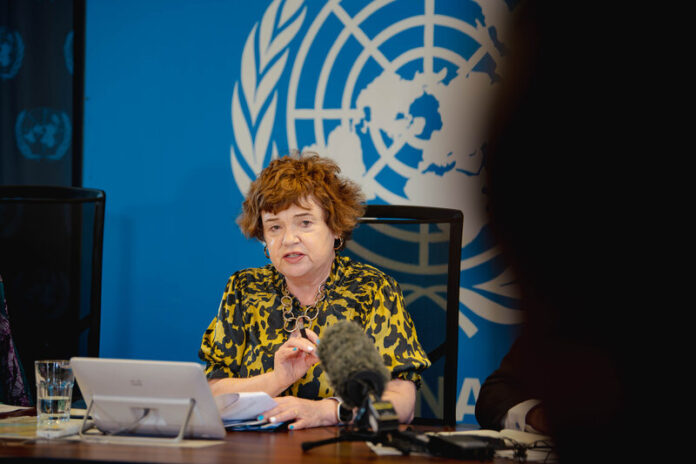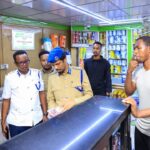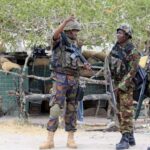MOGADISHU, Somalia – Marking the recent United Nations Day, the world body’s top officials in Somalia reaffirmed its support for the Somali government and people as the country continues with its state- and peacebuilding efforts.
On the political front, the Secretary-General’s Special Representative for Somalia, Catriona Laing flagged issues surrounding the National Consultative Council (NCC), which brings together the leaders of the Federal Government of Somalia (FGS) and its Federal Member States (FMSs).
In May this year, the NCC had set out four specific proposals for a future electoral system with moves to: a presidential system, a two-party system, a ‘one person, one vote’ electoral model throughout the country, and dates for local council elections and alignment of FMS terms of office. The proposals continue to dominate political debate.
“We are at quite a crucial moment where we need to agree collectively, under the leadership of the Government, [on] the way forward on elections, the kind of models that Somalia will pursue, the timeline, the sequencing of elections, and of course, very importantly, to try and bring Puntland back into this process because it will be very hard to complete not just elections, but the whole legislative framework and the process around developing a constitution for Somalia,” Ms. Laing said.
She stressed the importance of Somalia’s Constitutional Review Process continuing.
“Without a constitution, a country will find it very hard to move forward. A constitution [is] essentially the ‘rules of the game’ which govern how a country is legislated, is governed. And Somalia really needs that constitution to be nailed down; as you know, it is still working on a draft constitution,” the UN Special Representative said.
The conflict in Laascaanood also figured in the top UN official’s remarks. She noted that the situation remains difficult and tense, despite the situation on the ground being relatively calm and displaced people starting to return home.
“The underlying drivers of this conflict, which resulted in a number of people killed and a number of prisoners taken, need still to be resolved,” Ms. Laing said, while flagging that the United Nations has been engaging with all parties involved in the conflict.
“The three messages are, number one, please make progress on the detainee exchange as a confidence-building measure. Secondly, it’s important for everyone to commit to no more violence, and thirdly, of course, to find a peaceful solution to the disputed territory,” she added.





